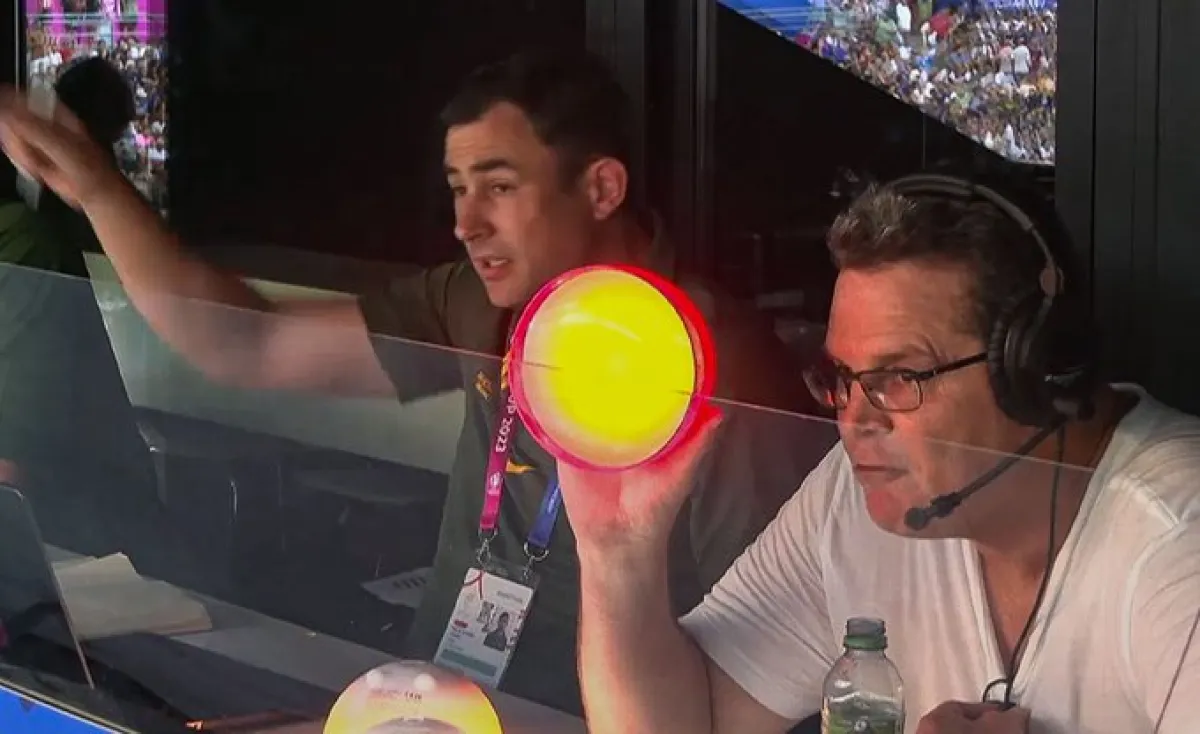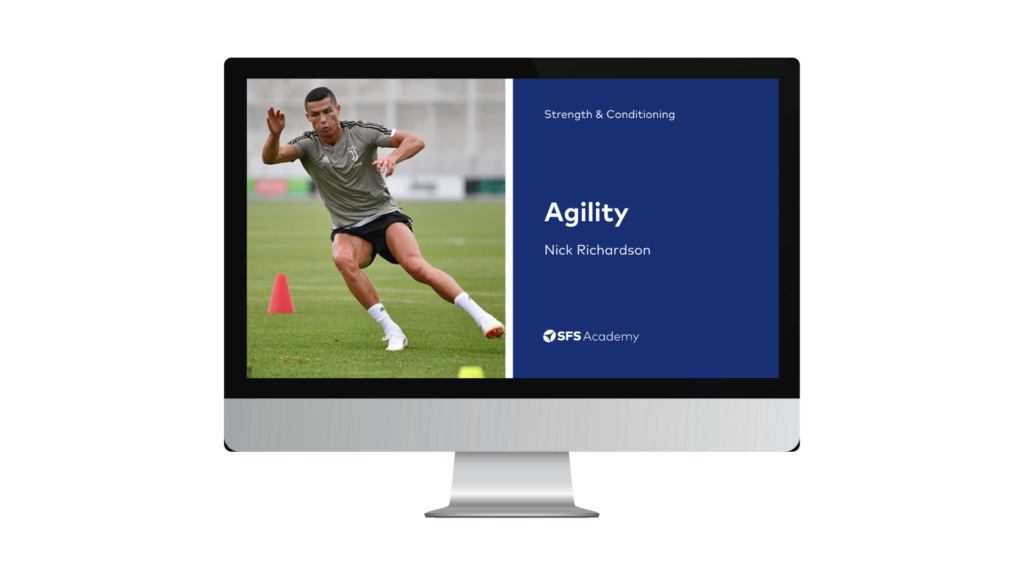This week in the world of sports science, here’s what happened…
- Springbok’s “traffic light communication system”
- Is Rhodiola Rosea supplementation beneficial for sports performance?
- Sciatica: the dos and don’ts of treatment
Springbok’s “traffic light communication system”
South Africa commenced their rugby World Cup quest with victories over Scotland and Romania. However, one of the main talking points from the games took place off the pitch. During the Scotland game, South African director of rugby Rassie Erasmus and assistant coach Felix Jones were seen holding up different coloured lights.
Fans speculated that the coaches were using the light system to pass on tactical information to the players. In one instance South Africa were awarded a penalty and Erasmus held up a light and South Africa then opted to kick from the penalty. Ironically, Erasmus has controversially used lights to send signals to his players in the past.
However, assistant Jones has since done an interview explaining that the lights are used to inform their medical staff of injuries. Jones describes the difficulties in communicating with the medical staff in a packed-out noisy stadium. Therefore, using a traffic light system is a clear and visible communication method that reflects the severity of the injury.
Whether the lights are intended for the players or the medical staff, it certainly is a simple, visible, and very effective communication method. “Effective communication is the best way to solve problems” (Bradley Winters).
Is Rhodiola Rosea supplementation beneficial for sports performance?

Rhodiola Rosea is a plant found in parts of Europe, Asia, and North America. Extracts of Rhodiola Rosea have been used in traditional medicine to reduce fatigue and enhance endurance. During the Cold War period, it is alleged the Russians used to administer Siberian-grown Rhodiola Rosea to its soldiers and Olympic athletes.
A recent article by Asia Sherman discussed a recent systematic review of Rhodiola Rosea and sports performance. Ultimately the systematic review had mixed results and was unable to come to a firm conclusion. According to the researchers, there was a lack of standardisation and dramatic differences in methodology across studies, making it difficult to determine. Another limitation of the research is supplement companies extract Rhodiola Rosea from different locations and in varying amounts.
While Rhodiola rosea supplements are marketed to improve stamina and boost recovery, much higher quality research is needed to fully determine its benefits for sports performance.
Sciatica: the dos and don’ts of treatment
Last week we featured a video on “offset walks” by Dr. Aaron Horschig of Squat University. This week we have another belter from Horschig. In this short but highly informative video, Horschig discusses mistakes people make when treating sciatica.
Sciatica is pain along the sciatic nerve which travels from the lower back through the hips and buttocks and down each leg. Around 40% of people in the U.S. experience sciatica at some stage in their lives. Sciatica pain is often described as “burning” or compared to an “electric shock”.
This video highlights how stretching your hamstrings with a flexed spine may be counterproductive to your sciatica. Better alternatives such as performing nerve glides in the slump test position are expertly discussed. This is a must-watch video for anyone who suffers or previously suffered from sciatica.
From us this week:
>> New course: Relative Age Effect
>> New podcast: Bulletproof Your Shoulders With Elite Level Training
>> New infographic: Age Related Decline In Performance On The Pitch
>> New article: Needs Analysis
Access to a growing library of sports science courses
SFS Academy is an all-access membership to premium sports science education.
With SFS Academy, you’ll learn from some of the best coaches around the world as they teach you how to apply the latest research and practice with your athletes.
Get instant access when you join today on a 7-day free trial.



